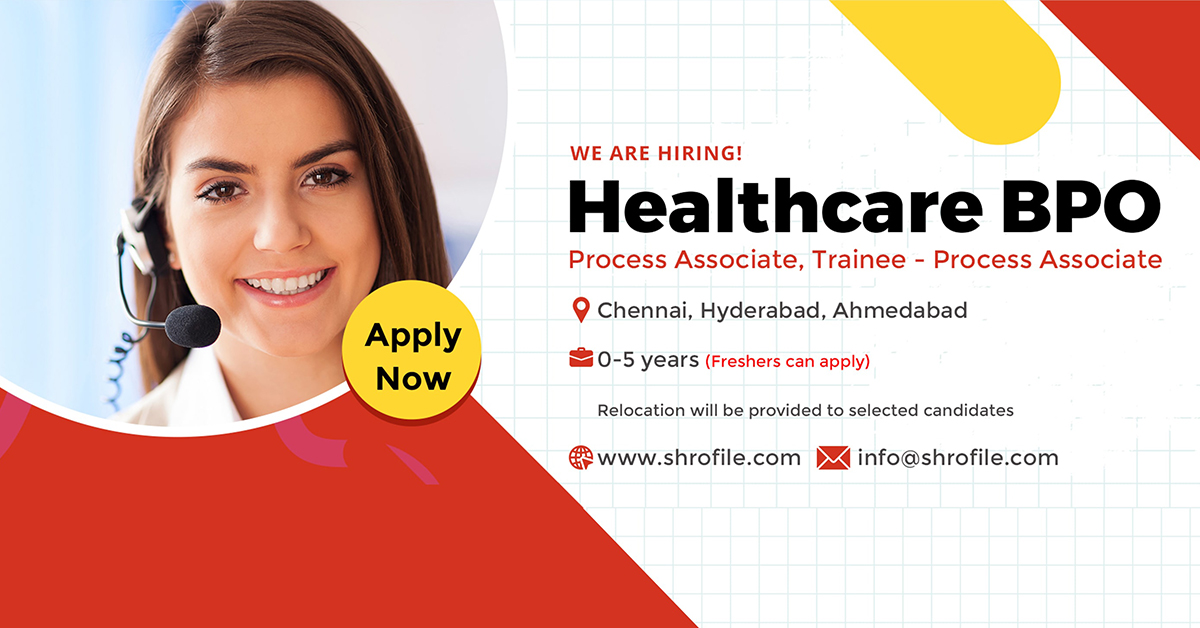
In today’s dynamic job market, where the talent pool is vast and the competition fierce, it’s no longer sufficient to merely offer competitive salaries and perks. The essence of attracting and retaining top-tier talent lies in fostering a deep, emotional connection—a sense of belonging and purpose. This is precisely where employer branding takes center stage, crafting a narrative that not only captivates potential candidates but also resonates with their core values and aspirations.
What Is Employer Branding?
Employer branding is the strategic process of shaping and managing the reputation of an organization as an employer. It encompasses the collective perceptions, beliefs, and experiences that current employees, prospective candidates, and the general public hold about a company’s identity as a workplace.
Essentially, employer branding defines what it’s like to work for a particular organization and communicates the unique attributes, values, and culture that set it apart from others. It goes beyond just attracting talent; it aims to create an emotional connection with potential candidates, fostering a sense of belonging and loyalty.
- Company Culture: This encompasses the values, norms, and behaviors that define the work environment and employee experience within the organization.
- Employee Value Proposition (EVP): The EVP outlines what the organization offers to its employees in terms of rewards, benefits, career development opportunities, and work-life balance.
- Communication and Marketing: It involves crafting and disseminating messages through various channels, such as company websites, social media, recruitment advertising, and employee testimonials, to showcase the organization as an attractive employer.
- Candidate Experience: Providing a positive and engaging experience for job candidates throughout the recruitment process is crucial for reinforcing the employer brand and leaving a lasting impression.
- Employee Engagement and Advocacy: Engaged employees who feel connected to their organization are more likely to become advocates for the employer brand, both internally and externally.
Could Employer Branding Enhance Your Recruitment Strategy?
Absolutely, employer branding can significantly enhance your recruitment strategy in several ways:
- Attracting Top Talent: A strong employer brand helps you stand out in a crowded job market, attracting high-quality candidates who are aligned with your company’s values and culture. When candidates perceive your organization as an attractive place to work, they are more likely to apply for open positions.
- Reducing Time-to-Fill: With a compelling employer brand, you can streamline the recruitment process by attracting candidates who are genuinely interested in working for your company. This can help reduce the time it takes to fill open positions, as you’ll spend less time sorting through unqualified applicants.
- Improving Candidate Experience: A positive employer brand creates a favorable impression among candidates, even those who may not ultimately receive an offer. By providing a seamless and engaging candidate experience, you can leave a lasting positive impression that encourages candidates to speak highly of your organization, whether they’re hired or not.
- Boosting Employee Referrals: Employees who are proud of their organization and engaged in their work are more likely to refer qualified candidates to open positions. A strong employer brand encourages employee advocacy, leading to a higher volume of referrals from your existing workforce.
- Enhancing Offer Acceptance Rates: Candidates are more likely to accept job offers from companies with strong employer brands. When candidates perceive your organization as a desirable place to work, they’re more inclined to accept offers and become valuable members of your team.
- Reducing Recruitment Costs: Investing in your employer brand can ultimately lead to cost savings in recruitment. By attracting candidates who are a better fit for your organization from the outset, you can reduce the need for costly recruitment advertising and external agencies.
- Improving Employee Retention: A positive employer brand contributes to higher levels of employee satisfaction, engagement, and loyalty. Employees who feel connected to their organization and its values are more likely to stay with the company long-term, reducing turnover rates and associated costs.
How To Boost Your Employer Branding In 4 Easy Steps
- Define Your Employer Value Proposition (EVP): Start by identifying what makes your company unique as an employer. What values, benefits, and opportunities do you offer that set you apart from competitors? Craft a clear and authentic EVP that resonates with your target audience.
- Tell Your Story: Leverage various channels, such as your company website, social media, and employee testimonials, to share your employer brand story. Highlight your company culture, values, employee perks, and career development opportunities to give candidates a glimpse into what it’s like to work for your organization.
- Invest in Employee Experience: Your employees are your best brand ambassadors. Ensure that your workplace culture fosters employee engagement, growth, and well-being. Encourage feedback, recognize achievements, and provide opportunities for learning and development.
- Consistency Is Key: Ensure that your employer brand message is consistent across all touchpoints, from job postings to career fairs to employee interactions. Consistency builds trust and reinforces your company’s reputation as a desirable employer.
What’s Next For Employer Branding?
The future of employer branding is poised to undergo significant transformations driven by several key trends and shifts in the workplace landscape. Here’s a glimpse of what’s next for employer branding:
- Remote Work and Hybrid Models: With the widespread adoption of remote work accelerated by the COVID-19 pandemic, employer branding will need to adapt to accommodate distributed teams and flexible work arrangements. Companies will focus on showcasing their ability to support remote work effectively while maintaining a strong sense of culture and community across physical and virtual spaces.
- Emphasis on Diversity, Equity, and Inclusion (DEI): Employer branding efforts will increasingly prioritize diversity, equity, and inclusion initiatives. Organizations will seek to demonstrate their commitment to creating inclusive workplaces that celebrate diversity in all its forms and provide equal opportunities for growth and advancement.
- Personalization and Customization: As competition for talent intensifies, employer branding strategies will become more personalized and tailored to the preferences and needs of individual candidates. Companies will leverage data and technology to deliver targeted
messaging and experiences that resonate with specific talent segments.
- Employee Well-being and Mental Health: Employee well-being and mental health will take center stage in employer branding efforts. Organizations will highlight their support programs, wellness initiatives, and efforts to promote work-life balance as integral components of their employer brand.
- Purpose-Driven Organizations: Employees increasingly seek meaning and purpose in their work. Employer branding will focus on showcasing the company’s purpose, values, and commitment to social responsibility and sustainability. Organizations that authentically demonstrate their impact and contribution to society will attract talent who share their values.
- Employee Advocacy and Social Media: Employee advocacy will continue to be a powerful driver of employer branding. Companies will empower employees to become brand ambassadors on social media platforms, sharing authentic stories and experiences that showcase the company culture and values.
- Continuous Feedback and Transparency: Employer branding will evolve to embrace transparency and open communication. Companies will actively seek and respond to feedback from employees and candidates, demonstrating their commitment to listening and continuous improvement.
In essence, employer branding is not merely a recruitment strategy; it’s a journey—a quest to create workplaces that transcend the ordinary, resonating with the hearts and minds of those who inhabit them. By placing employer branding at the core of your recruitment strategy, you embark on a transformative odyssey—one that propels your organization towards unparalleled heights of success, driven by a shared vision and a collective sense of purpose.
View Jobs – https://www.shrofile.com/jobs.php
Let Shrofile Executive Search Find You Transformational Talent
Does your company need a dynamic and forward-thinking leader? Get in touch today and learn more about how we find and place transformational talent.
For more Updates
Website – www.shrofile.com
Facebook page – https://www.facebook.com/shrofile/
Twitter page – https://twitter.com/shrofile
Linkedin Page – https://www.linkedin.com/company/shrofile/
YouTube Page – https://www.youtube.com/channel/UChVfJqpTjx1dHJ2xq_dMtAw
Instagram Page – https://www.instagram.com/Shrofile/



